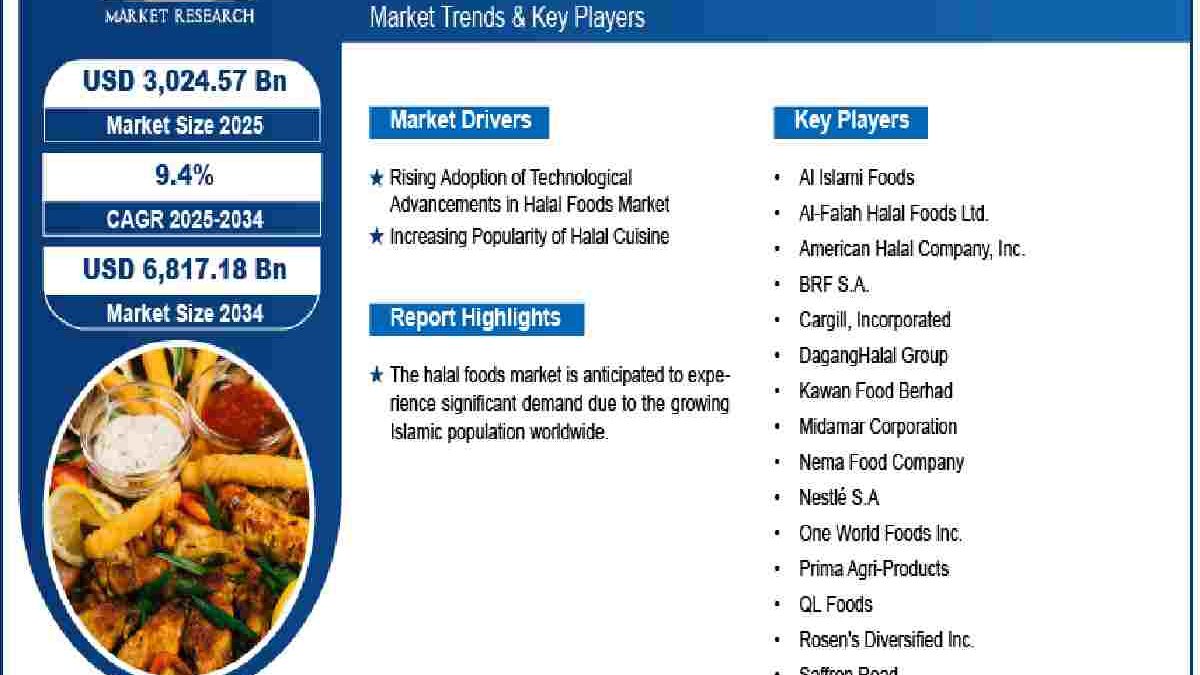Table of Contents
What is a Halal Product?
Halal Product – Halal means “permissible” in Arabic and defines what is permitted by Islamic law. Halal is most recognized for its food application, but it also applies to cosmetics, pharmaceuticals, and business practices. For cosmetics, some products are of more significant concern. Lipstick, for example, can be consumed unintentionally while eating or drinking, so Muslim consumers may need to research its ingredients carefully. Halal consumers are also looking for alcohol-free perfumes because perfumes can accidentally inhale, and Muslim dietary law prohibits the ingestion of intoxicants.
The Concept of Halal, or What is Permitted, is Rooted in Science to Ensure –
- Purity and cleanliness of the products’ sources and the process by which they are made.
- Safety of human lives by consuming only what is wholesome and wholesome.
- Integrity and ethical lifestyle avoiding animal cruelty, environmental harm, and unfair business practices.
- In other words, Halal is a way of life that benefits an individual in their physical and spiritual well-being.
- Halal is for everyone. It doesn’t matter if you are Islamic or not; Halal is the ultimate seal of purity and safety, guaranteeing top-quality products.
How do Quality Determine Sales of Halal Product?
The beliefs and philosophy of Muslims are the main drivers of the growing demand for Halal cosmetics worldwide, especially in Muslim-dominated countries.
Global standardization and certification methods are highly fragment, raising concerns about the credibility of halal products with consumers. Several halal certification agencies exist in the market, such as government certification agencies and independent certification authorities. The credibility of government certification agencies is higher than that of independent agencies. The preference for halal certification varies from country to country, as most countries have their halal certification agencies.
The quality and safety of halal-certified cosmetic products are other factors that are becoming increasingly important. The growing number of affluent Muslim population, awareness and changing lifestyle of the younger generation are becoming crucial parameters for the growth of the halal cosmetics market.
Halal Product Requirements can Extend Beyond Ingredients
The demands of halal consumers on cosmetics can go beyond the origin of the ingredients. The Muslim practice of ritual hand and face washing, known as “wudu”, perform to cleanse and purify in preparation for formal prayers or handling and reading the Quran.
Complexities in the Acquisition of Halal Ingredients
Cosmetics can be complete from animal products, but only ingredients derived from animals of halal species slaughtered following dahabeah allows. Common animal-derived elements in cosmetics include lecithin, glycerol, fatty acids, and collagen. Some dyes come from insects, considered haram and therefore do not qualify as halal. Other elements and products of concern include moisturizers and skin creams that contain dairy products, as the enzymes and microorganisms used to process dairy raw materials may be illegal. Rennet is one such enzyme that usually derives from calves’ stomachs.
Demand for Halal Cosmetics in India Expected to See Further Growth
The current era is also known as the digital consumer era. Consumers are more aware and connected than ever. It has led to the proliferation of e-commerce channels. Digitization and social media have influenced consumer behavior and inflicted buoyant demand within the halal cosmetics market.
The influence of celebrities and the motivation of social networks have enhanced the brand’s presence in the country, paving the way for emerging companies to invest and exploit their potential. Improved supply chain, logistics and marketing strategy are the key to increased market demand.
Which Product Category Should Show Strong Growth?
The adoption and penetration of Halal cosmetics are high both in volume and value. However, halal skin care products expect to grow strongly during the forecast period as their adoption rapidly increases. Since skin care is integral to the daily routine, men and women also demand halal skin care products.
Conclusion
The Muslim consumer market is multiplying, fueled by a growing population that is more ethnically, geographically and economically diverse than ever. Product-conscious young Muslims are driving this demand for halal cosmetics.

